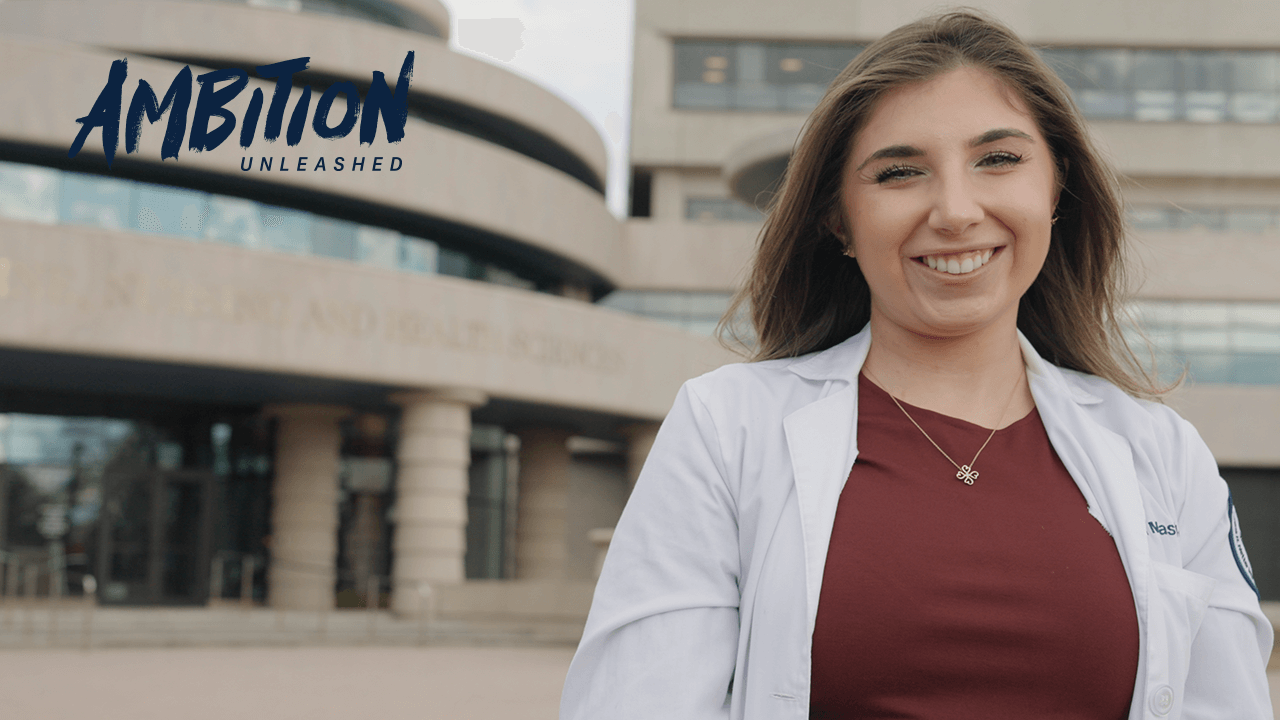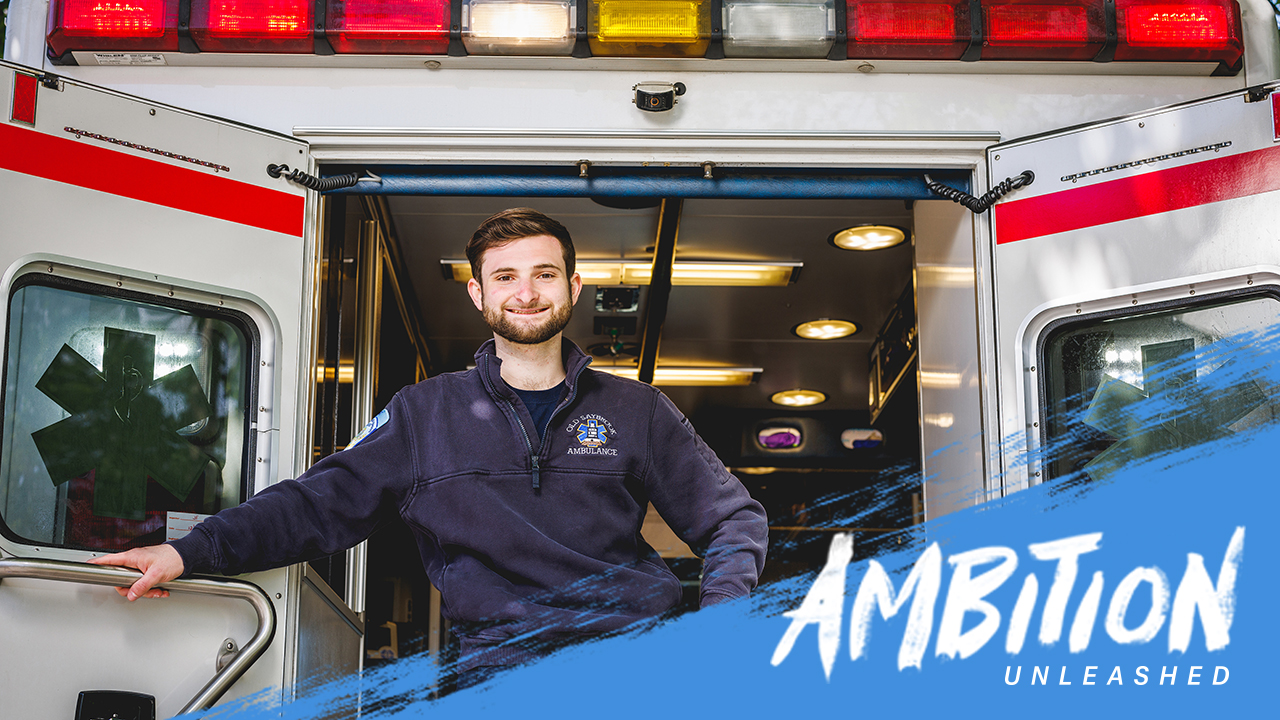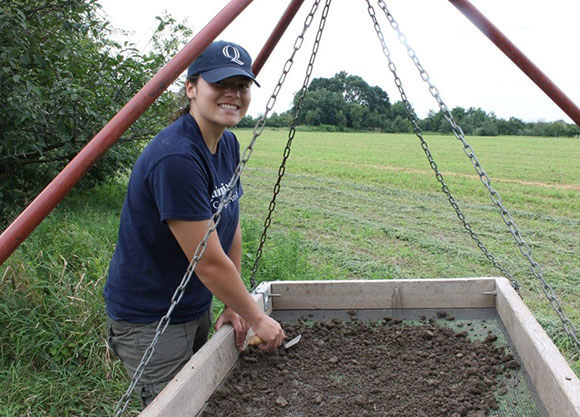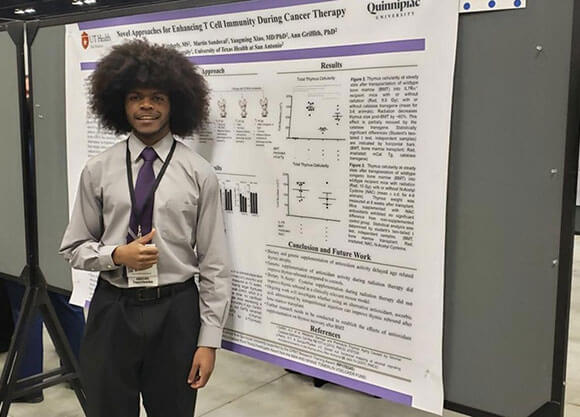A foundation in the arts, sciences, health sciences and humanities
There is no one major that best prepares students to apply to professional schools — that's why we encourage students who are interested in pursuing advanced studies to choose the major that best aligns with their interests and strengths. By taking courses in the arts, sciences, health sciences and humanities, students will sharpen the critical thinking and foundational skills that graduate programs look for in their applicant pool.
While we don't offer official designations or preparatory programs for every professional field, students are encouraged to explore the different majors, dual-degree programs and experiential learning opportunities that will put them in the best position to submit a strong application.






